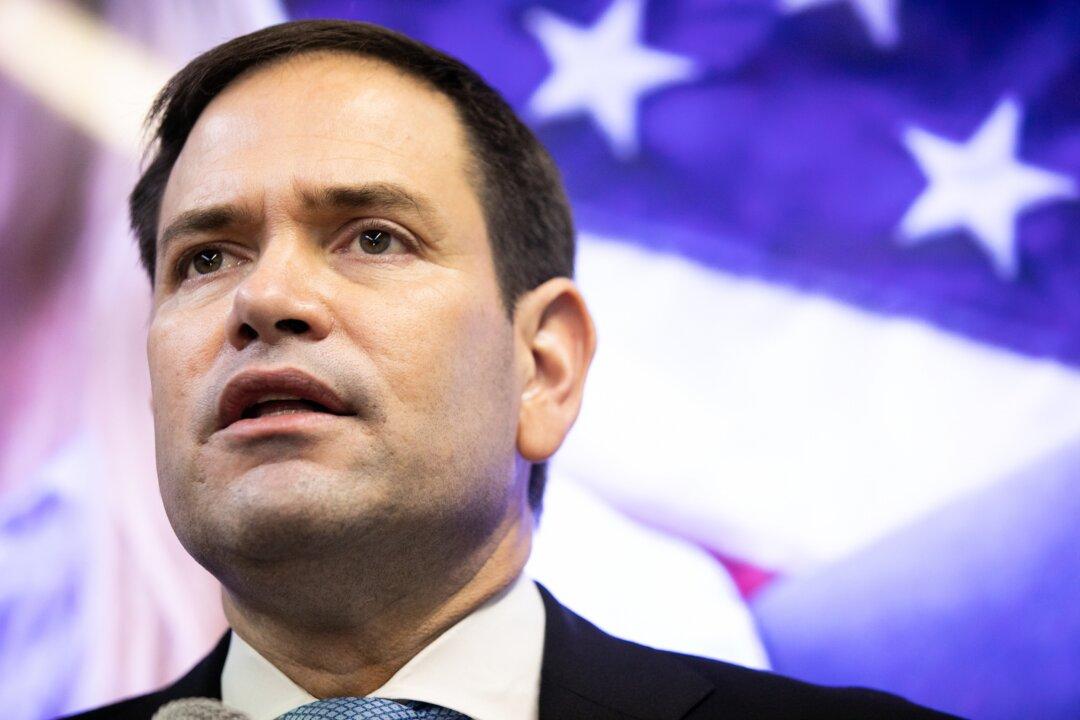Confronting the Chinese Communist Party (CCP) and the bloc of totalitarian nations it leads will be the defining challenge of the 21st century.
That was the case made by Sen. Marco Rubio (R-Fla.) at a Sep. 13 press conference, during which he implored the democracies of the world to heed the seriousness of the threat posed by an ascendant authoritarianism.




